The Venus Project»: how the inventor and futurist Jacques Fresco was going to save the world
Categories: Design and Architecture | Society
By Pictolic https://pictolic.com/article/the-venus-project-how-the-inventor-and-futurist-jacques-fresco-was-going-to-save-the-world.htmlDuring the coronavirus epidemic, our dependence on the financial system and the people in power is becoming clearer than ever. Almost everyone has felt the economic crisis, and it is obvious that we still have a lot to experience before it ends. Is it possible to avoid such disasters on a global scale or at least reduce their negative impact on people? We will tell you what option was offered by the outstanding Italian futurist, architect and inventor Jacques Fresco.
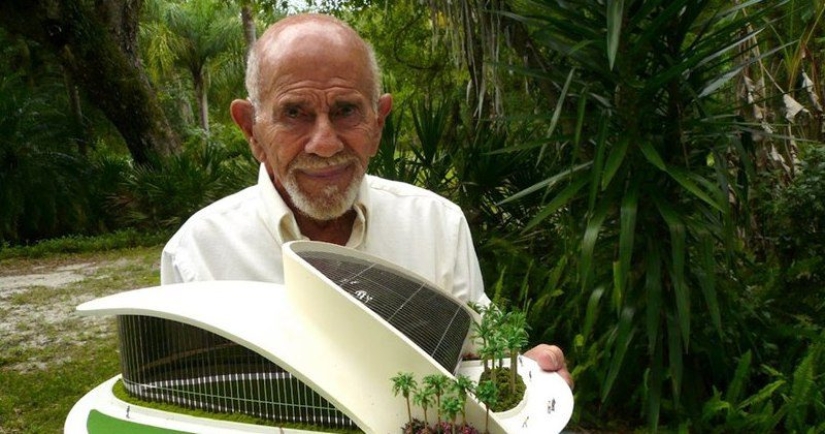
Jacques Fresco was born in 1916 in Brooklyn, New York. As a young man, he saw firsthand how Americans suffered during the Great Depression of the 1930s. The very young Jacques could not understand why the factories and factories were in working order, the shops were full of goods, but at the same time people could not buy not only clothes, but even food.
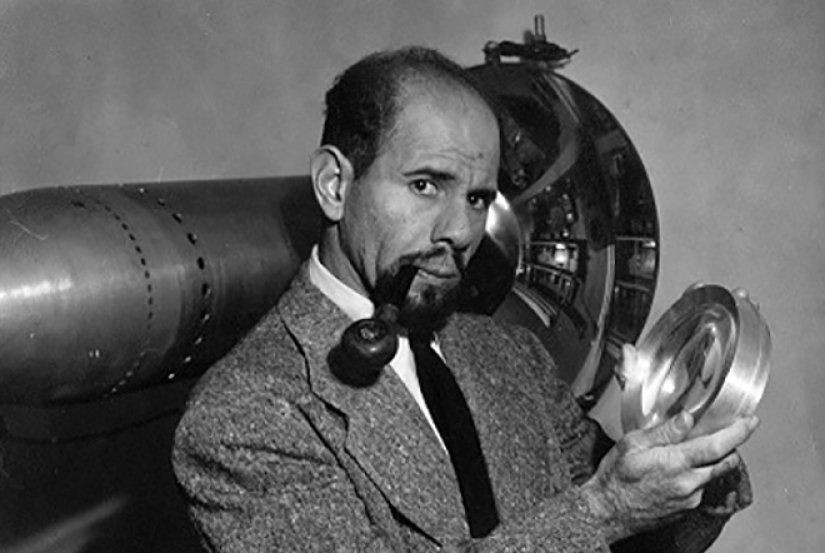
The answer was extremely simple — people during the crisis did not have the money to take advantage of the benefits that were around them. This paradoxical situation forced the young Fresco to think about how it came about and what ways it could be avoided.
This is what Jacques Fresco said later, when answering questions from journalists about why he decided to create an effective model of the society of the future.
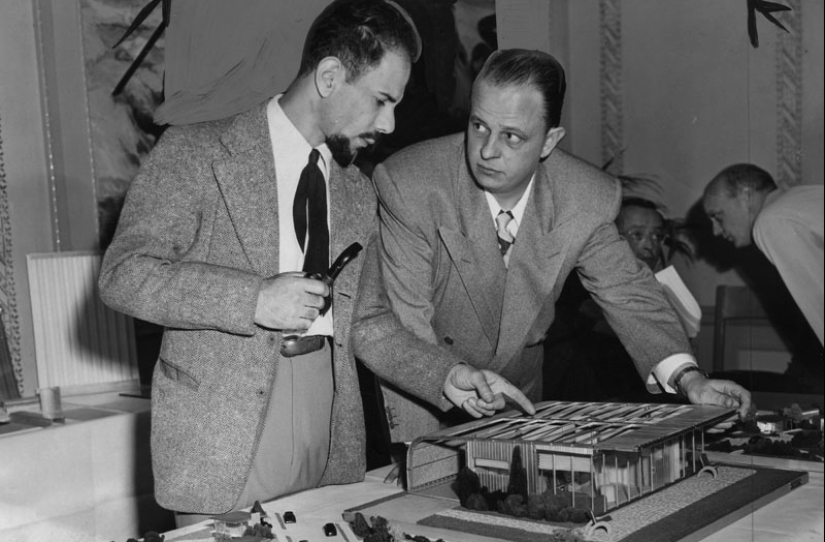
But before taking up the main task of his life, Fresco showed himself in many areas of human activity. At first, Jacques ' inquisitive mind was carried away by aviation and he plunged into the design of aircraft. Then he discovered modern architecture and design. Later, he became interested in psychology, namely, behavioral features and the influence of attitudes on people's minds.
The accumulated experience required application and Fresco created the corporation "Sociocybernetics", which became the first milestone on the way to his grandiose project "Venus", which we want to tell you about.
In the 70s, the scientist meets a design engineer from the United States, Roxanne Meadows, who became his right hand in working on the main project. After working together for a long time, the partners presented the world with a program for an alternative future, where people are not threatened by inequality, poverty and military conflicts.
Jacques Fresco argued that there are enough resources in the modern world to solve any problems facing humanity. If you spend it wisely, you can build housing, schools and hospitals in any part of the world and make people's lives better.
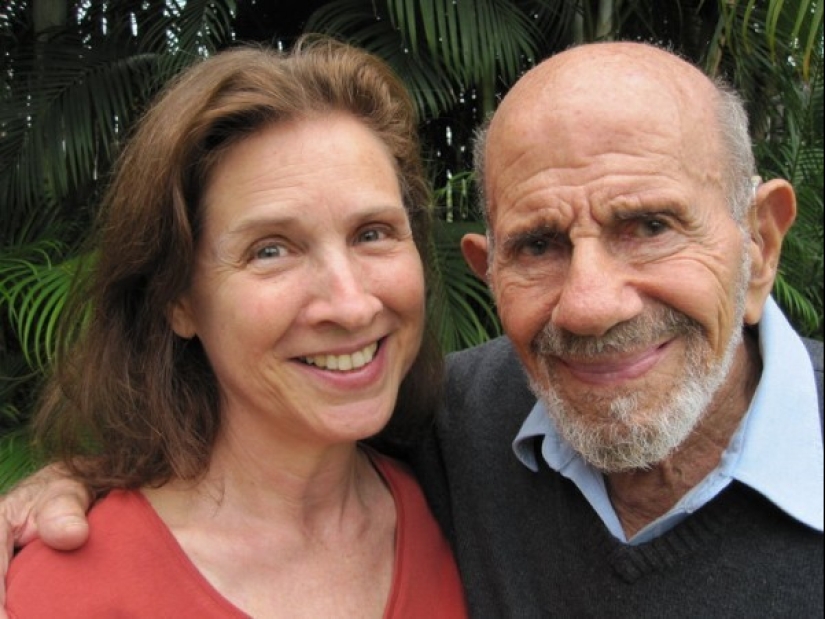
Jacques Fresco and Roxanne Meadows
At the same time, if we put together all the money that is in circulation today, it will not be enough for the construction of hospitals, residential buildings, schools and universities. But we have quite enough buildings for medical and educational institutions, as well as specialists who can work in them. It turns out that our abilities and dreams are limited by money.
By getting rid of the inefficient monetary system and the political power structure, you can build a completely new society. It will be possible to use the best scientific and technical developments and the resources available to humanity in order to make the life of earthlings better and at the same time restore the nature that has suffered from our centuries-old activities.
This was the main idea of the project "Venus", which was developed by Jacques Fresco. The basic principle of such a future society is a resource-based economy, which implies a fair distribution of benefits among people in the absence of a monetary system.
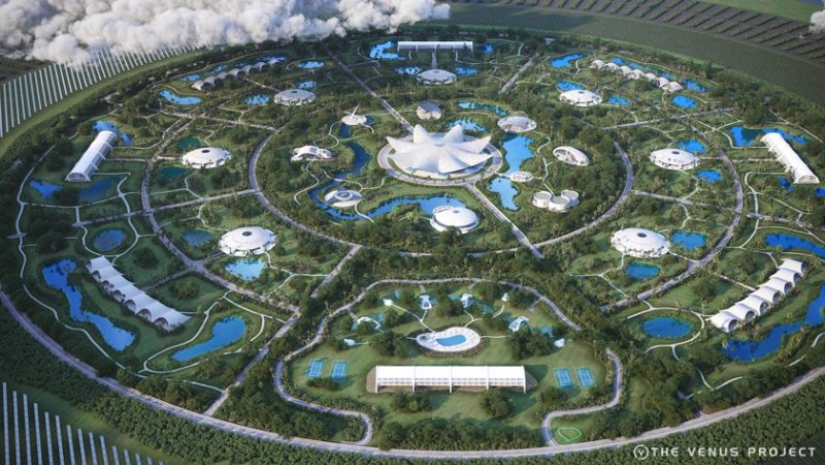
The new society will be freed from the basic ills that have plagued humanity for thousands of years — social inequality, poverty, war and crime. If every inhabitant of the planet will have basic benefits — comfortable housing, quality food and water, as well as be able to use technological advances, then there will be no sense in the struggle for the possession of resources.
But even in this case, there must be some institutions responsible for the even distribution of goods and resources. It is here that lies the source of evil and the temptation to abuse their power. Jacques Fresco proposed to solve the problem with the help of cybernetic systems that would be able to make calculations without human participation and exclude the appearance of imbalance and injustice.
The use of computers would allow us to move away from the outdated model of political decision-making, in which the desire for power and superiority is inevitably embedded. Concerning the fears of many scientists who predict the seizure of power in the world by machines, Fresco argued that in his model of society this is impossible, since computer systems perform only human-defined tasks.
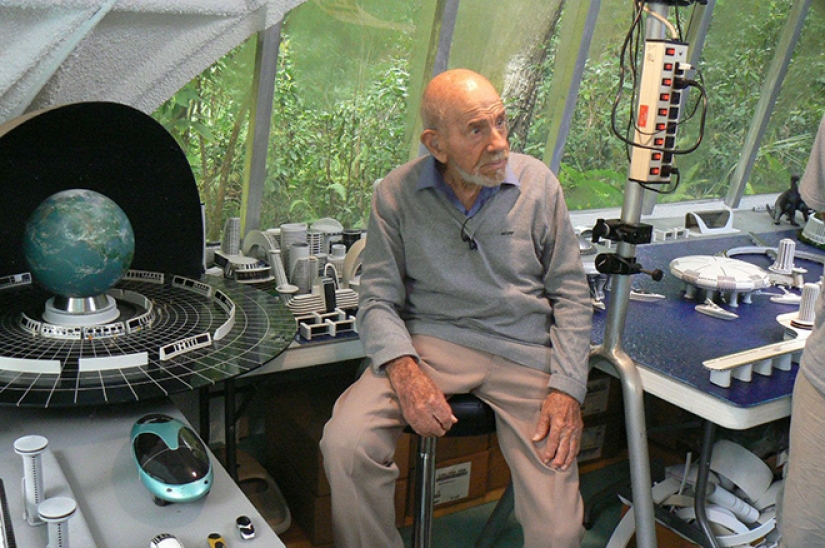
In the environmentally friendly and most comfortable cities of the Venus project, Fresco planned to place cybernetic centers that would manage industry, transport, health and education, as well as the distribution of goods and services.
The most important condition for building a society of the future, Fresco considered a complete departure from politics. Since politicians are very rarely experts on alternative energy sources or ecology, there is no benefit from them. On the contrary, they hinder the development of civilization, defending the interests of the rich, who are absolutely satisfied with the current state of affairs.
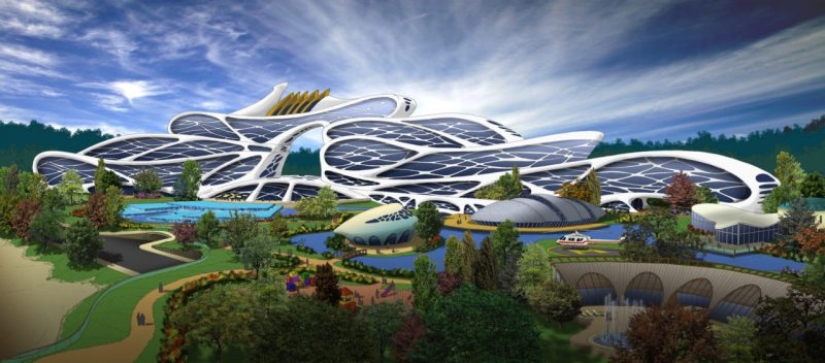
The futurist argued that the task of a proper government should not be to represent the interests of certain narrow circles, but to distribute resources in a qualitative and fair way and to find new sources of them. Such a system should be based on an unbiased scientific calculation, which eliminates the imbalance.
All cities of the world will be united in one network, which will allow to manage resources efficiently and preserve the environment. Initially, the work of the systems should be controlled by specialists, but later, when the system is debugged and works in full force, the need for them will disappear.
The Venus project also included the architectural part, for which Roxanne Meadows was responsible. The cities of the future were supposed to have the shape of a circle in the plan, and this was not at all a whim of the authors of the project. Fresco argued that the construction of such cities is the easiest to implement — one segment is created, and then others are added to it, like pieces of cake.
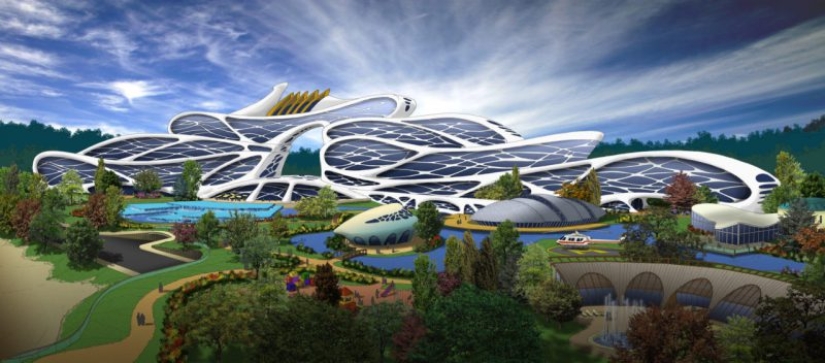
The energy of the city should be obtained from wind turbines and solar panels located on the roofs. Under the cities, it was planned to place waste processing enterprises and, thus, the city would not pollute the environment, thanks to the reuse of resources.
But what will people do in a city where everything is organized and automated? Jacques Fresco believed that in these favorable conditions, everyone could do what brings him pleasure and moves forward civilization. People could invent new equipment, engage in science and art, improve themselves spiritually and physically.
Each city should have sports fields, swimming pools, golf courses, as well as centers of science and creativity, where everyone can get the materials and tools they need for scientific work, invention and self-realization in art.
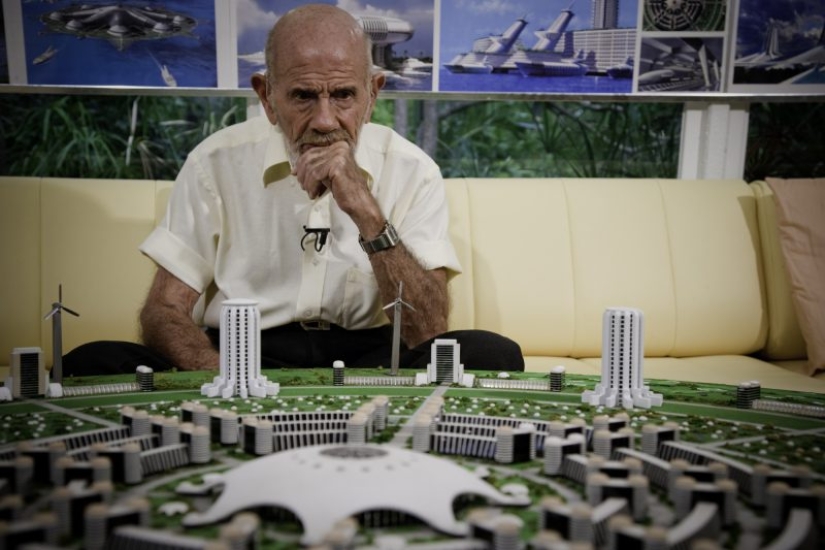
From the point of view of most of us, the Venus project, although incredibly tempting, is not feasible in practice. Fresco's developments are perceived by many as science fiction, divorced from modern realities. The creator of the project of the world of the future denied that his project "Venus" is utopian. Fresco believed that the implementation of his plans should show whether there really is intelligent life on our planet or we just convince ourselves of this.
He argued that to create a new social formation will require a lot of effort, and voluntary and absolutely selfless. The futurologist also clarified that the future of humanity does not depend solely on such projects as "Venus" — he only showed the direction in which to move.
Is something being done in the modern world to realize the bold project of Jacques Fresco? Despite the fact that the scientist himself died in 2017, his work lives on. The first steps to implement the project have already been taken — a research center with an area of 8.5 hectares has been built in Florida.
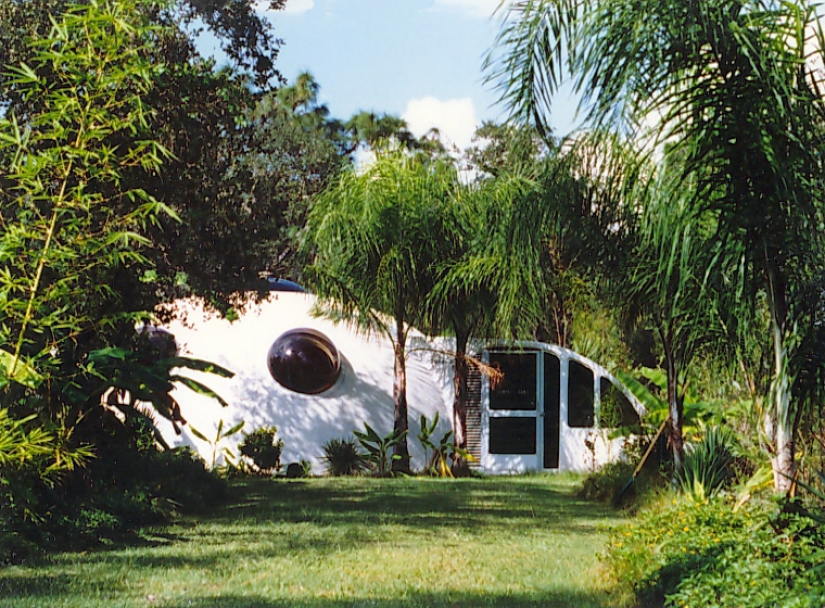
In parallel, information work is carried out — forums are held, lectures are given and documentaries are made. The next stage will be the construction of an experimental city, which will have to clearly show humanity that the Venus project is not a fantasy, but a really working and absolutely viable system of the future.
Every year, many interesting projects of the cities of the future are created in the world, but only Jacques Fresco has been able to offer a global solution that can change the whole world.
Keywords: Venus | Natural resources | Problems | Project | Utopia | Scientists | Futurism | Civilization | Humanity
Post News ArticleRecent articles

It's high time to admit that this whole hipster idea has gone too far. The concept has become so popular that even restaurants have ...

There is a perception that people only use 10% of their brain potential. But the heroes of our review, apparently, found a way to ...
Related articles

No wonder long hair has been considered a woman's adornment for many centuries. Girls with luxurious curls attract attention and ...

Netizens shared the most offensive, stupid and disappointing situations that have happened to them. Looking at these photos, you ...

Our body constantly gives signals about the state of health. If you are attentive to the changes that occur with the body, you can ...

New Year's is a time to surprise and delight loved ones not only with gifts but also with a unique presentation of the holiday ...